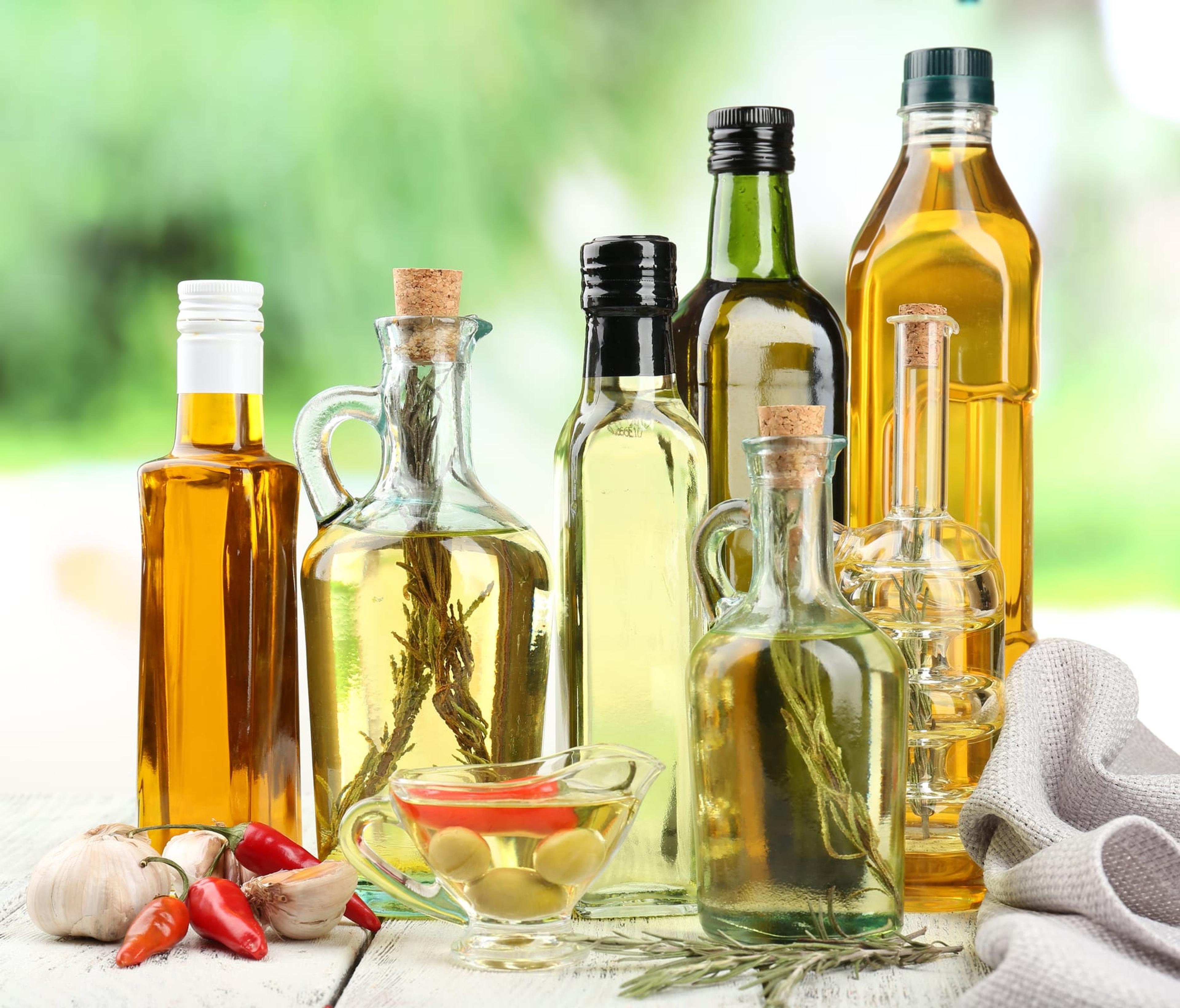
All cooking oils are not created equal. They can vary in calories and fat, ranging from healthy to harmful. Be selective about what oils you choose, how they’re prepared and what they’re used for. When scanning an oil’s label, always look for saturated fats, which are dangerous when consumed in large amounts. “They have a tendency to raise LDL, which is the bad cholesterol ... they also suppress the HDL, which is the good cholesterol in the body,” explained Grace Derocha, a registered dietitian, certified diabetes educator and health coach at Blue Cross Blue Shield of Michigan. “Saturated fats can increase inflammation overall in the body, which is bad for gut health, bad for joints, bad for overall chronic conditions and diseases,” Derocha said. One way to spot an oil high in saturated fat is its physical state. At room temperature, it maintains a solid form, while unsaturated fats turn to liquid. Prime examples are coconut oil, lard and palm kernel oil. On the latest episode of the A Healthier Michigan Podcast, hosted by Chuck Gaidica, he and Derocha discuss healthy cooking oils and the best ways to use them. [podcast_player] There are good fats, like polyunsaturated and monounsaturated, that typically stem from plant-based oils. This includes olive, avocado, sunflower and sesame, all of which are great for baking, sautéing and making dressings. Fish oil is also popular for its omega-3 and omega-6 fatty acids. They're known for supporting heart health and are often consumed in supplement form. “When we're talking about fish oil, ideally … I want you to get that from food,” said Derocha. “Two to three times a week for better heart health, just because the way our body processes that, absorbs it, it does it more efficiently than from a supplement.” Notable food sources include avocados, salmon, sardines, mackerel, herring and tuna. When it comes to cooking, it’s important to be aware of an oil’s smoke point. This occurs when the oil starts burning, which directly changes the look and taste of the meal. “If we're talking about flavor, it could add a certain not good flavor,” said Derocha “[It can] alter the taste of whatever you're making. But also, we know that if we get to that smoke point and go past it, we … have some carcinogens that are then building up within that oil.” Carcinogens are linked to the development of cancer. Therefore, you should closely monitor oils to prevent overcooking. Olive is known for its low smoke point and is the safest choice for sautéing. Overall, try to limit frying and employ more baking and broiling into your routine. If you enjoyed this post, check these out:
Photo credit: e-anjei





